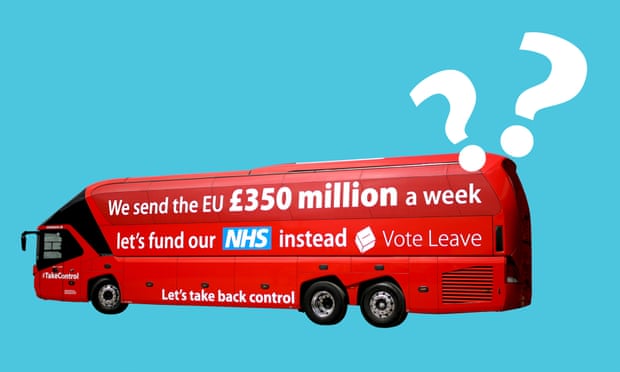Since Thatcher and Reagan came to power more than 30 years ago, a system change has occurred in the Western world. Democracy decided that that "Moocher/looters" had taken too much and it was time for the "winner" to take a bigger share of the pie.
A decision to integrate the world, bringing access to cheap labor and a less restricted system of labour negotiations -- the big winner was capital in all its forms. When I joined the city in 1986 the city accounted for less than 3% of GDP. Today in the UK its near 10% (granted a substantial percentage of that relates to services to other countries), but it remains, the UK saw an net immigration from the rest of Europe of nearly 6 million -- between 1993 and 2016. The bulk of these live in London, the Capital doesn't ressemble the rest of the country (although the same could be said for Paris...). What the last few days have show is how people have voted for Brexit:
Demographically: the 18-49 have voted at 75% to remain in Europe, from there onward the trend has been downward for the 65+ voting massively for exit from Europe. Worse is the breakdown in terms of wealth: 75% of AB and 49% of C1and only 36% of C2 and DE have voted to stay. In other words, those who are the biggest winners in the "new UK" want to stay. Whereas the others wanted to leave.
Since the mid 80s the system has been rigged against labor (not the party) it has been set up so that the winner could take their factories and move them to India or China. Giving labor virtually nothing in return. The concept of fee trade is driven by a desire so that each partie produces goods in the most efficient way possible, which is fine, but doesn't address how to deal with the losers. In fact, the past 30 years have been great at ignoring the losers -- those whose skills are no longer required. The fast pace of change means that within 10 years Britain's coal industry died, as did the old fleet street. Now I am not saying that the old system was best, but labor was treated as a pure input and not as a stake holder. We consider paying off taxi drivers off who have seen their license drop in value because of Uber and others (which is capital) but society has decided that it will not treat labor the same way. Brexit is the consequence of this. A new class warfare has begun, between those who benefited from an open economy and all the others... so the end of history not so much
On a side note:
Amusingly, this morning Nigel Farage told Good Morning Britain that he had no idea where the saving of STG 350 million per week figure came from, and that he had not endorsed this number -- when in fact, throughout the campagne he has said that so much money was going to Europe...
Even Boris Johnson -- looked flustered Sunday morning -- as if he had been hit by a bus... (maybe its the same bus?)
Since Thursday referendum more than 2 million brits have signed a petition to get a do over!
Monday, and the market are going crazy. In fact, there is no real way forward, for despite there having been a referendum the key to activating Section 50 of the European treated requires an act of parliament. We know that the majority of parliamentarian are against Brexit. That alone should be interesting. The right wing crazy (in American anyway) are talking of this as a great opportunity for Britain (with Scotland and N. Ireland probably leaving) as a way to open the doors to free trade (which is funny because that's what they had in Europe...) The reality is that the UK has two year to finalize its departure!
P.S. I kind of quote Ayn Rand -- but doesn't mean I buy her BS!

Comments